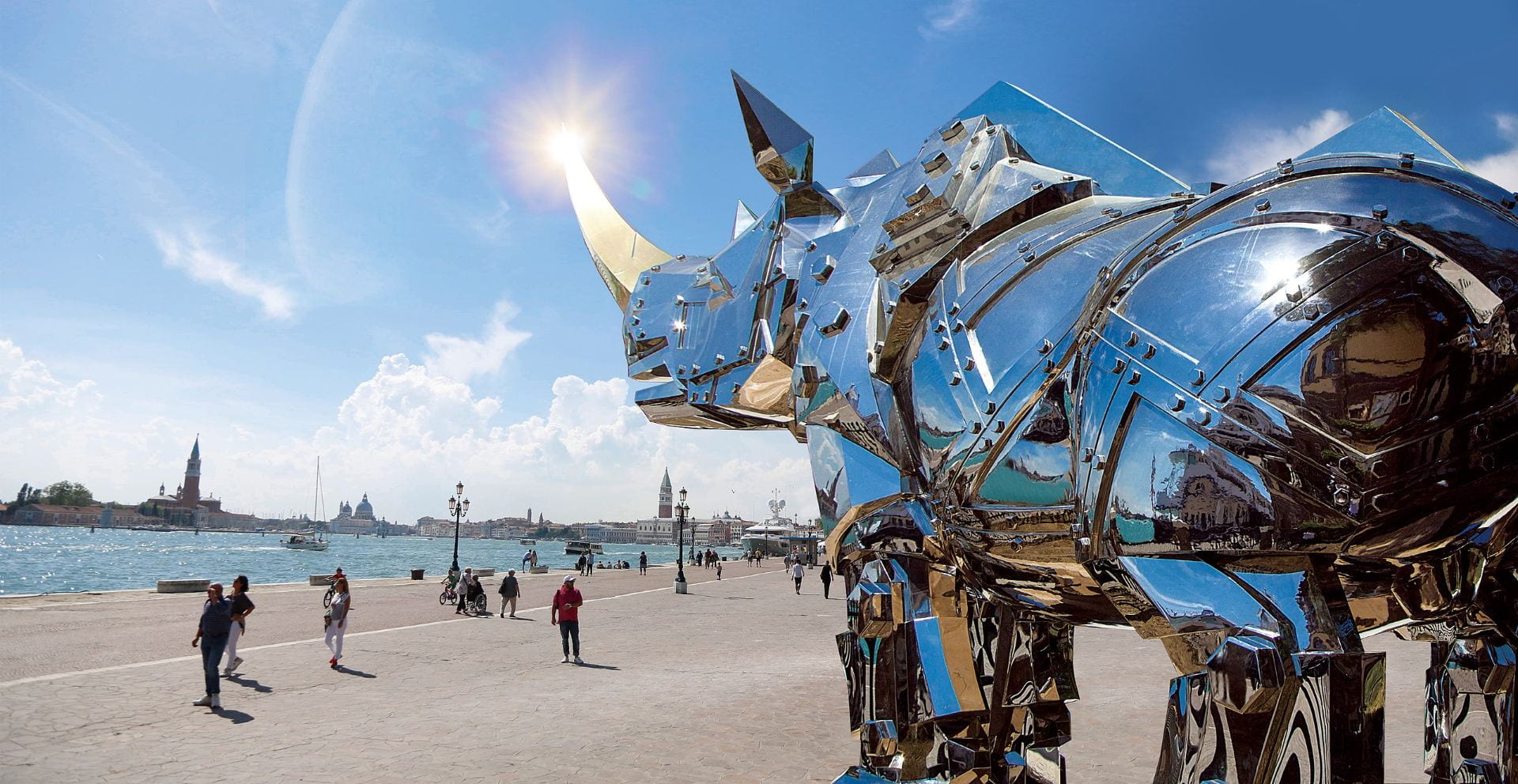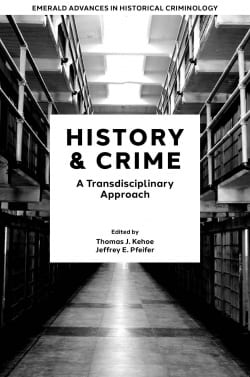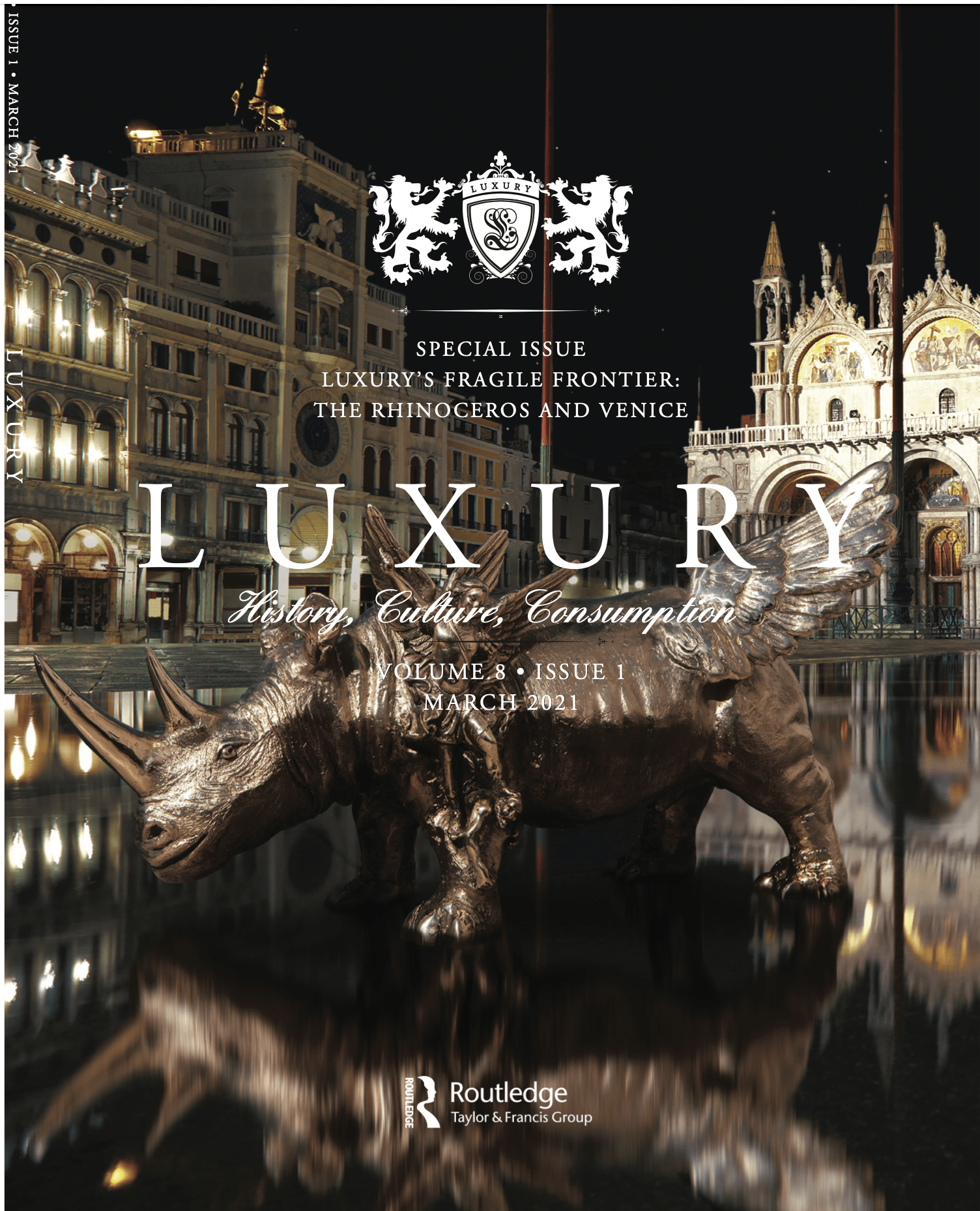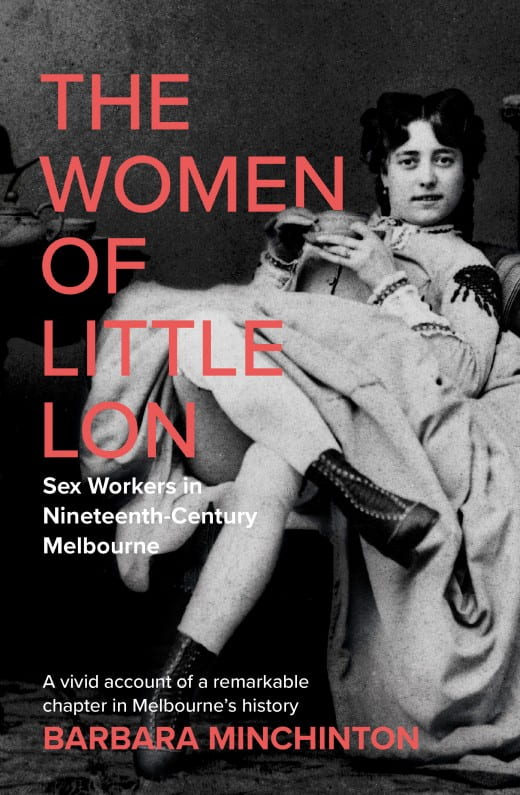
SHAPS Digest (August 2021)
Louise Hitchcock (Classics & Archaeology) was featured in two episodes of Ithaca Bound podcast, on Minoan settlements and Myceneans on Crete during the Bronze Age.
Sue Silberberg (PhD in History, 2017) was interviewed for Melbourne Jewish Book Week about her book A Networked Community: Jewish Melbourne in the Nineteenth Century (MUP 2020).
Tony Ward (Honorary, History) published an article in the Conversation, ‘Equality and Fairness: Vaccines against this Pandemic of Mistrust‘.
Tony observes that “Mistrust has been a major barrier in combating the coronavirus — and will present more challenges in the aftermath. Policies to enhance equality and fairness, and to reduce corruption, are potent vaccines in these tasks.”
Tony Ward’s article was mentioned by Ross Gittins in The Age and the Sydney Morning Herald.
Sam Watts (PhD candidate, History) reviewed Jon Grinspan’s book The Age of Acrimony: How Americans Fought to Fix their Democracy, 1865–1915 (Bloomsbury 2021) for the Australian Book Review.
Academic Publications
Georgina Arnott (postdoctoral fellow, History) and Charlotte Greenhalgh (University of Waikato) published an article, ‘Between Empire, Periphery, and the United States of America: The Local and International Origins of the Melbourne Social Survey (1941–1943)‘, in History Australia.
This article sets out to test competing characterisations of early Australian social research through an explication of the origins of Australia’s first major social survey, the Melbourne Social Survey (1941–1943), and its historical retelling. It asks to what extent international social survey models, figures, intellectual approaches and finances shaped the survey, and what this reveals about the degree to which early Australian social research was defined by its position of global marginality. This article finds that histories of the survey have overestimated the influence of British survey models and intellectual traditions by paying disproportionate attention to its director from 1941, Wilfred Prest. It argues that a much more powerful inspiration for the social survey, and a new social research direction at Melbourne, can be seen in a trip to the United States of America taken by University of Melbourne Dean of Commerce, Douglas Copland, in 1926 and 1927. Planners of the Melbourne Social Survey were sure it would be ‘of major social significance’. Today, the story of the survey and its historical representation illuminates shifting forces that shaped early Australian social research, and contributes to ongoing debate about the way twentieth-century social science knowledge has been circulated globally.
Jackie Dickenson (Honorary, History) published an article ‘”The Circle of Life Is Endless“: Shih Li-Jen’s “King Kong Rhino” in Venice and Beyond’ in a special issue of Luxury: History, Culture, Consumption, edited by Catherine Kovesi (see below).
When King Kong Rhino – the monumental sculpture by the Taiwanese artist Shih Li-Jen (b1955) – left Venice for Bassano del Grappa in December 2018, it joined a distinguished line of rhinoceroses to have embarked on a European tour. This article examines the place of Shih’s rhinoceros sculptures in this ‘Endless Circle of Life’, beginning with the European journeys of two historical rhinoceroses, Ganda who arrived in Portugal in 1515, and Clara, who was displayed in Venice in 1751.
The article outlines Shih’s idiosyncratic collage of themes from Eastern and Western history, philosophy, spirituality and mythology, and his perception of the rhinoceros as powerful but threatened, as expressed in his motto ‘Strength and Vulnerability’. The animal’s vulnerability has been fuelled by its long history of exploitation for profit. Though it remains an object of commodification today – in some societies rhinoceros horn is revered as the ultimate gift – there has recently been a discernible shift in the way these magnificent animals are viewed, a shift away from exploitation and which Shih claims drives his work. Despite his expressed intentions, however, this paper suggests that, perhaps unwittingly, the marketing of his work serves to extend the long history of human exploitation of the rhinoceros. Finally, the commodification of Venice and its Biennale, at which King Kong Rhino was exhibited, is discussed in the context of the current COVID-19 pandemic.
Dan Halliday (Philosophy) co-authored an article in The Lancet, ‘What are the Obligations of Pharmaceutical Companies in a Global Health Emergency?’
The authors explore the moral obligation to assist in the fight against COVID-19 through the lens of four moral principles: “During a global health emergency, everyone is morally required to help to combat the disease. … only rapid and globally distributed vaccinations will end the pandemic. With the support of national governments, pharmaceutical companies have produced more than 250 vaccine candidates to date…. An ethical approach to COVID-19 vaccine production and distribution should satisfy four uncontroversial principles: optimising vaccine production, including development, testing, and manufacturing; fair distribution; sustainability; and accountability.”
They conclude that “Realising the four ethical principles requires urgent attention to further refine global institutional arrangements. There is no authoritative and widely accepted institutional arrangement for ensuring a fair distribution of burdens in response to pandemics or other global health emergencies. … Fairly responding to global health emergencies requires addressing the broad problem of justice in the global diffusion of valuable innovations. When the current crisis abates, improving the system requires a critical evaluation of how well the existing uncoordinated conglomeration of public and private institutions is able to generate and fairly distribute the benefits of innovation, and what is needed for a more sustainable institutional solution that avoids unnecessary death and suffering, while ensuring sufficient incentives to respond to a future crisis. A future institutional solution to the persistent problem of justice in the diffusion of medical innovations should specify obligations for state and corporate stakeholders in facilitating technology and knowledge transfers.”
Julie P. Johnson (PhD in History, 2017) published an article, ‘The “Affaire Petit”: Revolutionary Nevers and An Early Challenge to the Power of the Church‘, in French History and Civilization. This is part of a selection of papers from the Joint 66th Society for French Historical Studies Conference and the 22nd George Rudé Seminar in French History and Civilization.
Thomas J. Kehoe (Honorary, History) was contributing co-editor (with Jeffrey E. Pfeifer [Swinburne University of Technology]) of an edited volume, History and Crime: A Transdisciplinary Approach (Emerald Publishing, 2021).
Revealing the cross utility potential of multiple disciplines to advance knowledge in crime studies, History & Crime showcases new research into crime from across the interdisciplinary perspectives of early modern and modern history, criminology, forensic psychology, and legal studies.
 Authored by emerging and established scholars from the around the world, the contributions span youth crime, feminist criminology, historic penology and court practices, through to the insanity defence, police corruption, and models for post-conflict governance. The chapters present the breadth of the work currently being undertaken around the world in this groundbreaking field, linking the present to the historic.
Authored by emerging and established scholars from the around the world, the contributions span youth crime, feminist criminology, historic penology and court practices, through to the insanity defence, police corruption, and models for post-conflict governance. The chapters present the breadth of the work currently being undertaken around the world in this groundbreaking field, linking the present to the historic.
Through these diverse chapters, the editors illustrate the current scholarship already bridging the oft-asserted divide between history and the social sciences. It is argued that differences in language and methodology may have created a mirage of disciplinary division. The collection consequently offers a unique opportunity for advancing a new framework for trans-disciplinary discourse to allow new research to be more easily interpreted and integrated across traditional disciplinary boundaries. This framework will guide future contributions in everything from histories of crime to future-focused crime scholarship, and by allowing better comprehension, drive groundbreaking new knowledge.
The volume features chapters by Una McIlvenna (Hansen Senior Lecturer in History), ‘Killing in Secret: State and Popular Perceptions of Infanticide in Early Modern Europe’; and three co-authored chapters by Thomas Kehoe: Historical Criminology as a Field for Interdisciplinary Research and Trans-disciplinary Discourse ‘”Winning Hearts and Minds”: A Historically-Motivated Model for Reactions to Occupation Strategy” (with Paul Bleakley); and ‘History, Crime Studies, and the Use of History for Impact-Based Research’ (with Jeffrey E. Pfeifer).
Catherine Kovesi (History) edited a Special Issue of the journal Luxury: History, Culture, Consumption on ‘Luxury’s Fragile Frontier: The Rhinoceros and Venice’.
“Using both Venice and the rhinoceros, as literal and metaphorical interpretations of luxury, the city’s architecture, its permanent cultural influence and threatened contemporary evanescence provide topographical markers with which to reconsider luxury’s historical importance, its transformations and impending implosion.” This is the final outcome of a project of the same name, which included an international exhibition and symposium held in Venice in 2018.
threatened contemporary evanescence provide topographical markers with which to reconsider luxury’s historical importance, its transformations and impending implosion.” This is the final outcome of a project of the same name, which included an international exhibition and symposium held in Venice in 2018.
Within this special issue, Catherine wrote both the introductory article, ‘Luxury’s Fragile Frontier: The Rhinoceros and Venice: An Introduction to a Special Edition’, and the full article ‘Gigi Bon, the Rhinoceros, Venice, and the Unbearable Heaviness of Being‘. This article analyses the oeuvre of the Venetian artist Gigi Bon whose distinctive attitude to her city and the rhinoceros inspired the special issue and the exhibition which preceded it. To enter the Studio d’Arte ‘Mirabilia’ of Gigi Bon is to be introduced to a world of sculptures, prints, and objects of wonder in the tradition of the sixteenth-century Wünderkammer or Cabinet of Curiosities. But more than this, it is an entrée into the mind and active working studio of an artist who has a unique vision, developed over almost thirty years, of the profound links between her own identity, that of the city of Venice, and the predicament of the rhinoceros. Her artistic output, and in particular her mixed media lost-wax bronze sculptures, prints, and sizeable silken scarves incorporate elements of the precious, the rare, the fantastical, and the whimsical, and all reflect profoundly on themes of self, Venice, and the rhinoceros.
Barbara Minchinton (PhD in History, 2011) published her new book, The Women of Little Lon: Sex Workers in Nineteenth-Century Melbourne (Black Inc. 2021).
Sex workers in nineteenth-century Melbourne were judged morally corrupt by the respectable world around them. But theirs was a thriving trade, with links to the police and political leaders of the day, and the leading brothels were usually managed by women.
While today a city lane is famously named after Madame Brussels, the identities of the other ‘flash madams’, the ‘dressed girls’ who worked for them and the hundreds of women who solicited on the streets of the Little Lon district of Melbourne are not remembered.
Who were they? What did their daily lives look like? What became of them? Drawing on the findings of recent archaeological excavations, rare archival material and family records, historian Barbara Minchinton brings the fascinating world of Little Lon to life.
Emma Shortis (PhD in History, 2019; now a Research Fellow at the Social Global Studies Centre at RMIT University) (@EmmaShortis) published a book, Our Exceptional Friend: Australia’s Fatal Alliance with the United States (Hardie Grant 2021).
In this book, Emma Shortis draws on history, current affairs and questions of morality to mount a compelling and unique case as to why Australia’s relationship with the United States needs a serious overhaul.
 Australians are told that we have two choices in this world: the United States, or China. Faced with that choice, Australian governments of all persuasions have always sided with America – even if that means siding with a President like Donald J. Trump. While the election of Joe Biden has led many of us to hope that we might be heading for a calmer, more compassionate world, and a reset of Australia and America’s ‘special relationship,’ going back to ‘normal’ is not only a bad idea – it’s a dangerous and immoral one.
Australians are told that we have two choices in this world: the United States, or China. Faced with that choice, Australian governments of all persuasions have always sided with America – even if that means siding with a President like Donald J. Trump. While the election of Joe Biden has led many of us to hope that we might be heading for a calmer, more compassionate world, and a reset of Australia and America’s ‘special relationship,’ going back to ‘normal’ is not only a bad idea – it’s a dangerous and immoral one.
Our Exceptional Friend challenges the old assumption that we have no option other than to submit to one global power at the expense of another, and asks Australians to really examine why it is that we welcome American dominance. In this, our 70th year of the Australia-US alliance, historian Emma Shortis argues it’s time to take a fresh and unflinching look at our special relationship, and examine whose interests it really serves. We don’t have to make a binary choice between subservience to an increasingly broken democracy and abandoning the alliance. There are other options. How can we make it better for us, and make the world a better place for it?
Darius von Guttner (Honorary, History) has a chapter coming out, ‘Was the Periphery Reluctant in Accepting the Idea of Crusade? The Case of Poland under the Piast Dynasty’, in Paul Srodecki and Norbert Kersken (eds.), The Expansion of the Faith: Crusading on the Frontiers of Latin Christendom in the High Middle Ages (Brepols 2021).
The Western Slavic population inhabiting lands united under Piast rule which eventually were to develop into Poland was converted to Christianity in the late tenth century. From the early days of the adoption of the Christian religion and its language, customs and institutions, established Poland as a frontier of Christendom. For those looking from the West towards the East, the realm of the Poles was a more or less fluid extension of Latin Christianity; a periphery where the defence and expansion of Christendom was taking place. In fact, the struggle to contain the incursions of pagans and (after the great schism of 1054) schismatic Eastern Christians would be constant features of Polish medieval history. The nascent Christian dynasty of the Piasts led the conversion of the Western Slavic tribes around the Warta river, and proactively pursued policies which adopted the norms of Christendom, including, by forcibly keeping at bay their pagan neighbours to the north and north east.
Appointments & Awards
André Brett (PhD in History, 2014; now at University of Wollongong) (@DrDreHistorian) has been appointed Lecturer in History at Curtin University.

Michael Francis (PhD in History, 2020) has started a new ongoing position with the National Indigenous Australians Agency, working in the Housing and Infrastructure Branch as an Economic Policy Advisor, focusing on the Northern Territory.
Emily Hulme (Seymour Reader in Ancient History and Philosophy, Ormond College/SHAPS) has accepted a continuing position in the Department of Philosophy at the University of Sydney.
Julia Hurst (History) has been appointed Deputy Director of the Arts Faculty’s Australian Centre, which is to be relaunched in early 2022.

Niro Kandasamy (PhD in History, 2019; currently Australian Catholic University) has been appointed to a continuing position in the Department of History at the University of Sydney.
David Rafferty (PhD in Ancient World studies, 2016; currently Visiting Research Fellow at the University of Adelaide) was awarded an ARC DECRA (Discovery Early Career Research Award) for his project ‘How Republics Die: Rome’s Democratic Breakdown in the First Century BCE.’ This project aims to use recent political science scholarship on democratic breakdown and the threat of a competitive authoritarian regime in Trump’s US to analyse the breakdown of the Roman Republic in the 50s BCE under Caesar and Pompey. Expected outcomes include a better understanding of how and why constitutional government collapsed in Rome, using language and concepts directly transferable to our own fragile democracy. This should benefit the study of Roman history at all levels and provide historians and political scientists with a unique dataset for analysing how a centuries-old democracy fell into authoritarian rule.
Grimwade Conservation Services were awarded the Green Impact Cup for sustainable practice. Green Impact is a sustainability initiative delivered by the Australasian Campuses Towards Sustainability (ACTS) which encourages teams to action change and engagement in the workplace by completing toolkit actions. In July, Green Impact teams from across Australasia competed in the Green Impact Cup sustainability challenge. Staff and student teams from the University of Melbourne, Monash University, University of Tasmania, University of Sydney, and more competed with the aim of completing the most toolkit actions within the month. The Faculty’s ‘Green Conservation’ team from Grimwade Conservation Services won the challenge by completing 85 actions.
Research Higher Degree Milestones
Laurence Castillo (PhD candidate, Asia Institute/SHAPS) gave his PhD completion presentation on the topic ‘NatDem Fictions: Revolutionary Experiences on Contemporary Film and Literature in the Philippines’.

Southeast Asia’s longest-running Marxist revolution – the national democratic (NatDem) revolution waged by the Communist Party of the Philippines is the subject of films and novels produced in the 2000s. In this thesis, I analyse how these fictional narratives – particularly films and novels – construct revolutionary experiences. Through textual analyses that situate these texts within the country’s complex cultural politics and political culture, I examine these fictional portrayals of revolutionary experiences in relation to the historical developments in the country’s tumultuous democratisation, and reflect on how they address the question of the NatDem revolution’s relevance as a project of national liberation.

Dang Nguyen (PhD candidate, HPS) delivered her PhD completion seminar, on the topic ‘The Social-Network Lives of Non-Biomedical Knowledge’.
This thesis investigates the performance of non-biomedical knowledge as situated knowledge on the internet. Non-biomedical knowledge is defined as medical knowledge that exists in separation, but not isolation from, biomedical knowledge. Using a mix of quantitative computational and qualitative digital methods, the thesis examines the influences of digital technologies on the propagation of knowledge that exists in the margin of scientific knowledge and the implications of technology on non-biomedical cultures as living practices. All empirical findings are contextualised in Vietnam.
Dan Rankin (MA candidate, Classics & Archaeology) presented his confirmation seminar ‘Mice Against Elephants: Sacred Inviolability and the Negotiation of Royal Power in the Early Hellenistic Period’
A number of major athletic competitions were established during the early Hellenistic period of ancient Greece and a wealth of epigraphical evidence demonstrates that much diplomatic negotiation was necessary for this to occur. Similarly, the practice of claiming asylia, ‘sacred inviolability’, began at the same time and it is very often granted in the same inscriptions that established these athletic competitions. Despite this, no study has ever investigated their connection and the consensus in scholarship is that there was no political context to the diplomatic negotiations that were necessary in establishing them. Dan’s master’s research rejects this consensus and argues that new athletic festivals and asylia claims were made with overtly political motives. Theoretical approaches such as New Institutionalism will be used in place of traditional Neo-Realist thinking to demonstrate that Greek poleis used these new forms of diplomatic interaction to assert their individual identities and compete for political status at a time when Hellenistic monarchies made this increasingly difficult.
Projects
Hyun Jin Kim (Classics & Archaeology) is a member of the Advisory Board of a new Cambridge University Press Series, Antiquity in Global Context. The series promotes new narratives of the ancient world that complement the traditional picture of Greece and Rome. The series publishes research defined by innovative contextual approaches, both comparative and connective. Comparative studies investigate the states, societies, and cultures of the ancient world in an explicitly comparative framework, drawing primarily on Mediterranean and Eurasian cases, but also turning, where appropriate, to case studies from Oceania and the Americas. Connective studies situate the ancient Greek and Roman past in broader Eurasian and North African contexts, examining human and material connections with early China, the Indian Ocean world, and the adjacent regions of West Asia, Egypt, and North Africa. This comparative and connective conception of antiquity provides a broad and dynamic platform for new understandings of our global age, grounded in the history and experience of the deep past. It fosters scholarly dialogues relevant not only to the intellectual opportunities but also to the political and ethical challenges generated by the forces of globalisation.
Tom Keep (PhD candidate, Classics & Archaeology) has just finished an internship at the Hellenic Museum, creating 3D models of their archaeological collection.